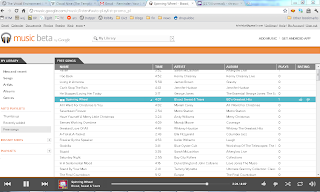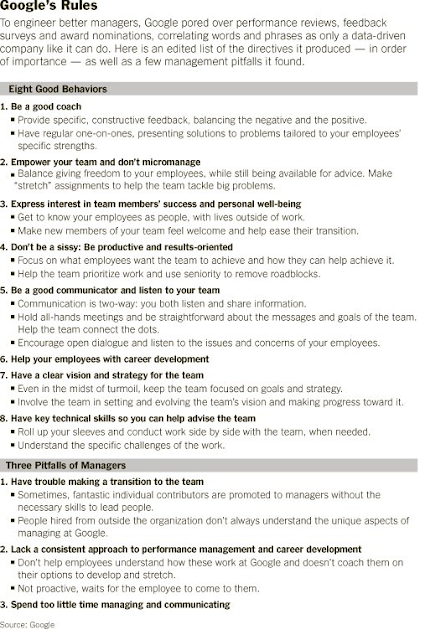More and more companies are moving towards SAAS based software solutions such as salesforce.com, workday, Google Apps and even MS’s Office 365. Biggest SAAS vendors are making tons money selling their wares as cost effective solutions. But does that automatically translate to cost savings to organizations that deploy the SAAS solutions? The answer is somewhere in between. Companies need to be careful in how they are selecting their services and deploy them inside their organizations. There are plenty of comparison services out there that go into detailed review and comparison of each online services. There are legions of companies that will help you get off the ground with SAAS deployments.
Any typical software role out cannot live on its own. IT systems are so interwined within and outside organizations that they need to share data amongst themselves. CRM systems need to be integrated with email, calendar, inventory, billing, manufacturing and sales data base systems (to say the least). HR systems needs to be integrated legacy systems, packaged software and other SAAS. No single provider gives these solutions out of the box. If you visit salesforce.com’s partner eco-system you’ll realize there are partner’s and solutions for every system out there. They’ll happily help you to integrate and customize these systems for a cost.
Related articles
- Forrester says Future of Cloud is SaaS (setandbma.wordpress.com)
Last Updated on July 12, 2011 by SK


